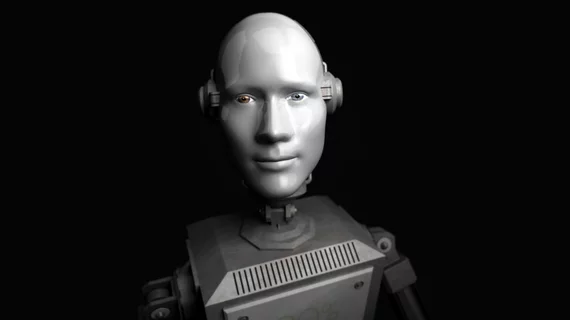3 great minds agree: AI is changing everything
Three distinguished thinkers who think a lot on the future are asking some big questions about AI.
How will the technology’s evolution affect human perception, cognition and interaction? Will AI lead to an as-yet-unimaginable expansion of familiar reality? What will be its impact on our culture and, in the end, our history?
It’s not like other great minds haven’t been mulling the same questions, and for some time now.
But when 96-year-old Henry Kissinger has something to say, people listen. Rightly so.
And the attention is likely to be all the more rapt when his co-authors are people like Eric Schmidt, the former CEO and chairman of Alphabet, and Daniel Huttenlocher, dean of the MIT Schwarzman College of Computing.
Taking to pages of The Atlantic, the trio note that the phenomenon of a machine that can match or exceed humans in cognitive processing—in the process both predicting and shaping things to come—is unique in history.
Importantly, they underscore, all questions now being asked about AI “must be undertaken according to three time horizons: what we already know, what we are sure to discover in the near future, and what we are likely to discover when AI becomes widespread.”
It’s a sprawling yet succinct think piece that deserves a read by all working in, with or around AI.
Check it out:

